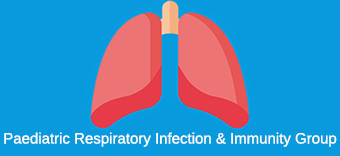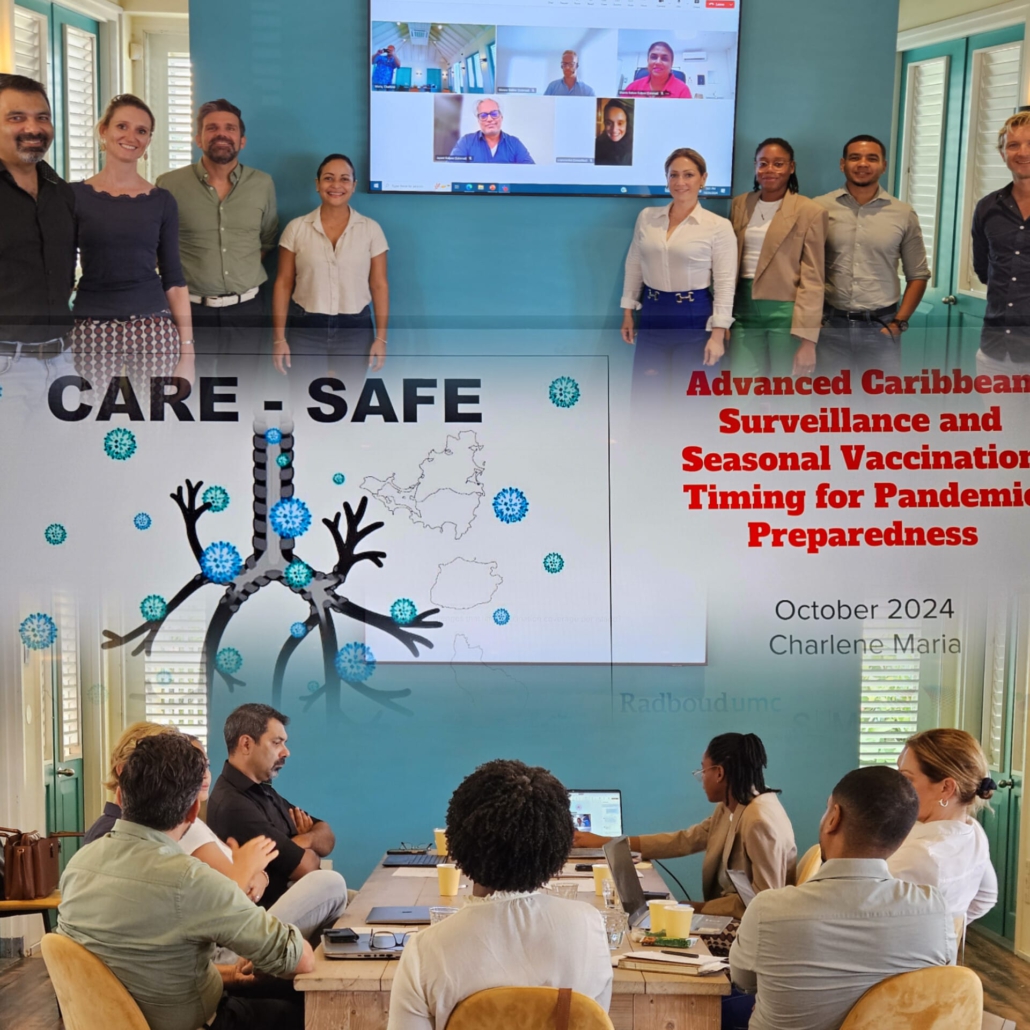Successful CARE-SAFE meeting marks milestone in Caribbean healthcare collaboration
Earlier this year, our CARE-SAFE project received a ZonMW Pandemic Preparedness grant. The project’s goal is to better align seasonal vaccinations with local respiratory virus transmission patterns on the CAS-BES Caribbean islands that are part of the Dutch Kingdom.
First Complete Dataset Unveiled in Curaçao
After months of laboratory data collection and an intensive collaboration between Radboudumc and laboratories and hospitals across six islands, a significant milestone was reached in late October: the first complete dataset of viral respiratory infections was presented during the CARE-SAFE stakeholders meeting in Curaçao. These data were collected in partnership with eight laboratories across Curaçao, Aruba, Bonaire, St. Maarten, Saba, and St. Eustatius.
Insights on RSV Seasonality in the Caribbean
Insights from CARE-SAFE highlighted that the timing for administering prophylaxis – a preventive treatment given to stop a disease before it occurs, often by boosting immunity or protecting against infection – against respiratory syncytial virus (RSV), one of the respiratory viruses associated with more severe lung infections in young children, in the Caribbean should likely differ from that in the Netherlands. While the RSV season in The Netherlands starts in October, the first RSV cases on the Caribbean islands are already seen in June/July.
Preparing for Tailored Prophylaxis
This finding is especially crucial as a new RSV prophylactic, nirsevimab, will be introduced in the Netherlands in 2025. Our study results present an opportunity to tailor this measure to local seasonality from day one on the Caribbean islands, ensuring a more effective approach in these unique regions. The stakeholders meeting served as a valuable opportunity to ensure the engagement of all stakeholders, from lab staff to physicians, policymakers, and public health services towards implementing these changes.



